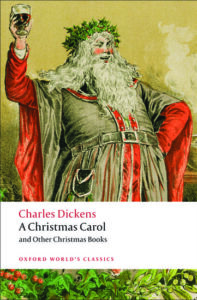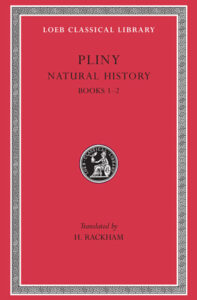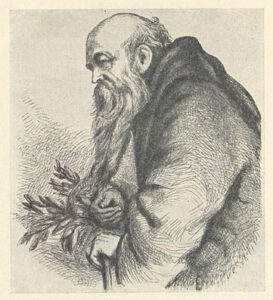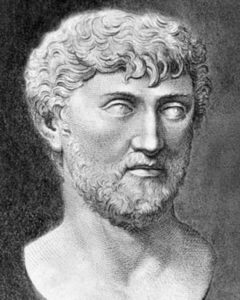In which I fall to musing upon the amount of information an average reader of Charles Dickens’ novels would have been expected to possess in his own time and how it compares to that which could be assumed of us today.
“Of Interest” is the blog of The Well-read Naturalist. Here are published items, as the title indicates, of interest.

In which I fall to musing upon the amount of information an average reader of Charles Dickens’ novels would have been expected to possess in his own time and how it compares to that which could be assumed of us today.

I first began the study of the history or religion and of theology in 1990 and have been including the subjects in my ongoing pursuit of knowledge and wisdom ever since, and in this one brief passage, Pliny, in this one aside in his “Natural History” that briefly interrupts the topic about which he was writing, has sliced straight through myriad Gordian knots tied by countless theologians down through the ages.

Although I’ve read and taught William Shakespeare’s “Romeo and Juliet” more times that I can readily recall, until I made yet another reading of it just recently I had not sufficiently noted the natural history aspect of Friar Laurence. And the more I mused upon the passage quoted below, the more it struck me that his skills as an herbalist / botanist are truly the element upon which the resolution of the entire play turns.

Nor in no other wise could offspring know
Mother, nor mother offspring- which we see
They yet can do, distinguished one from other,
No less than human beings, by clear signs.